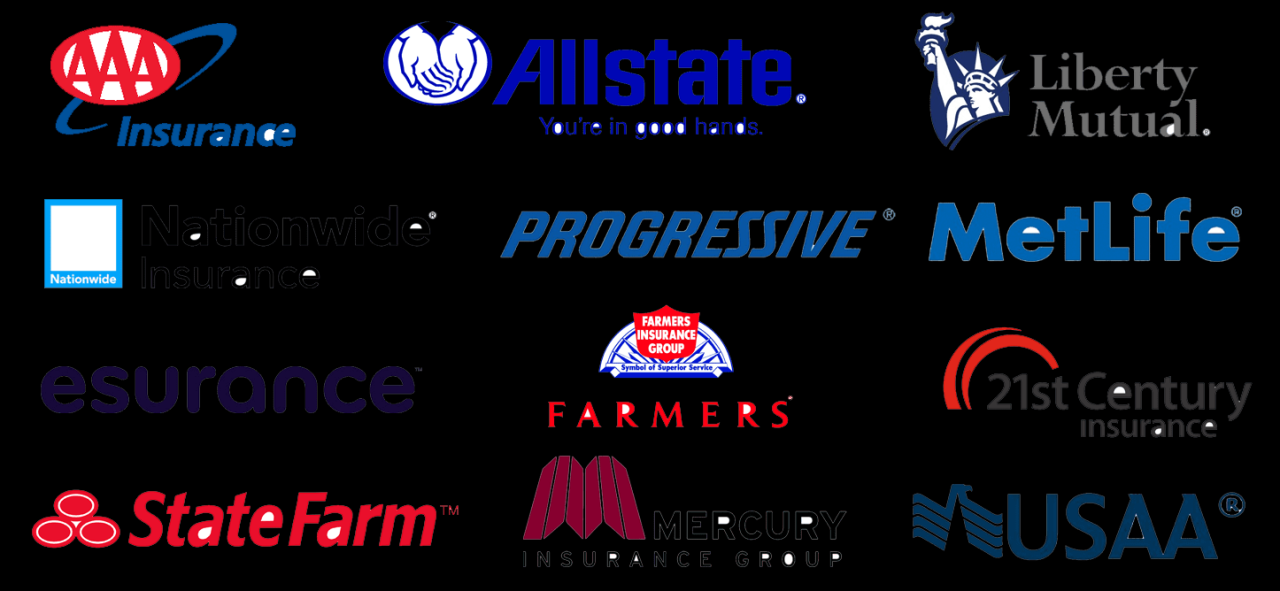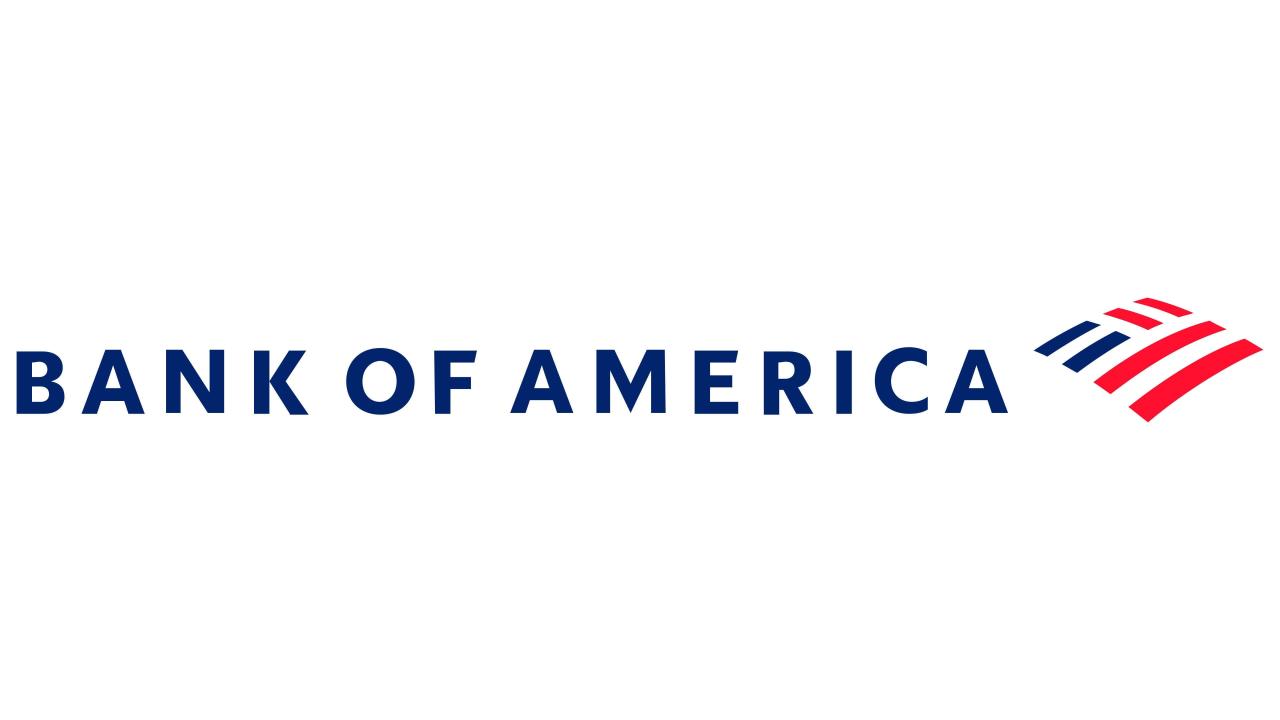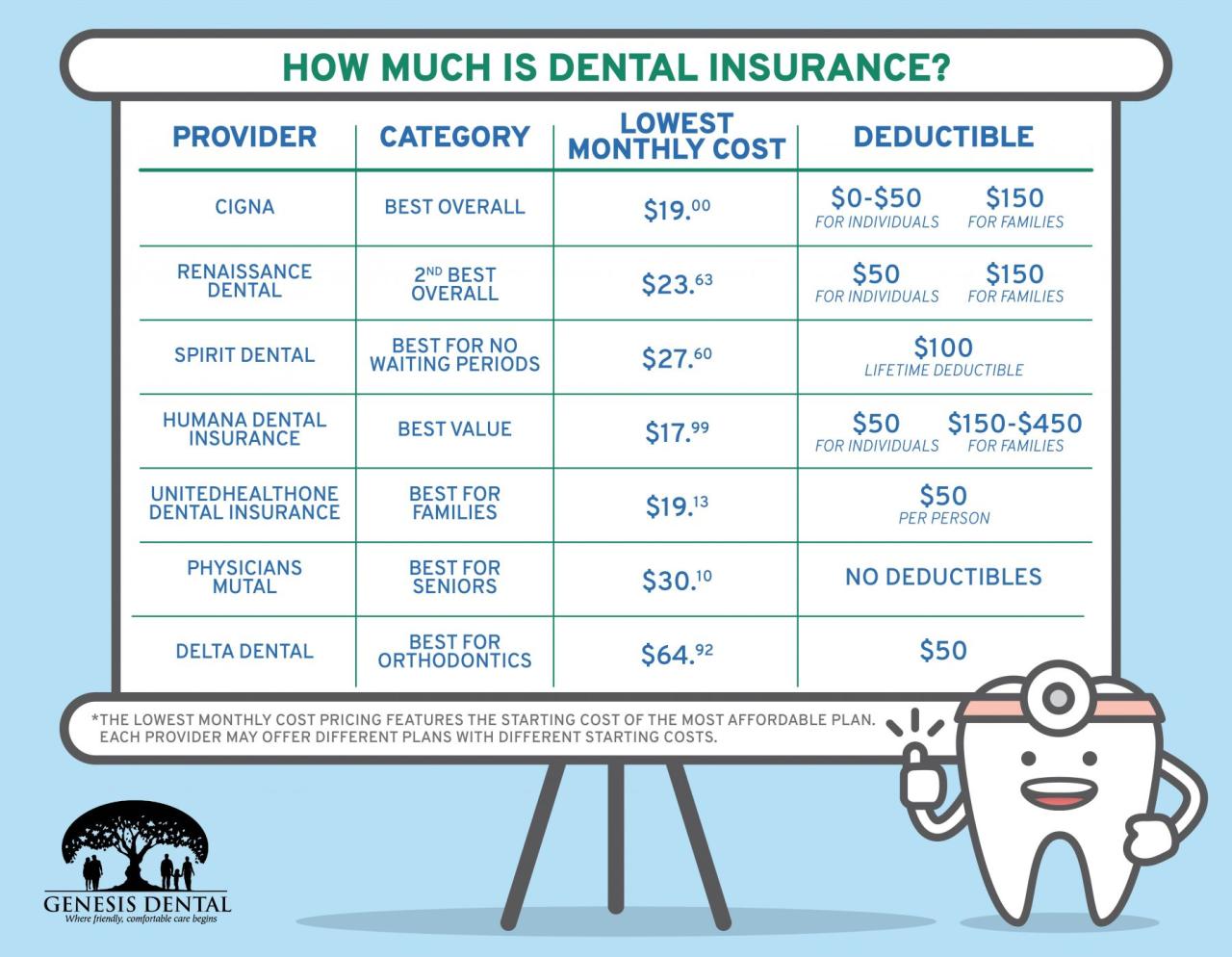Cash value life insurance offers a unique blend of death benefit coverage and a savings component. Unlike term life insurance, which provides coverage for a set period, cash value policies build up a cash value that you can access during your lifetime.
This accumulation occurs through a portion of your premium payments, which are invested in a variety of ways depending on the policy type.
Cash value life insurance comes in different forms, including whole life, universal life, and variable life. Each type offers a distinct combination of features, investment options, and potential returns. Understanding the nuances of each type is crucial to making an informed decision about whether cash value life insurance aligns with your financial goals.
What is Cash Value Life Insurance?
Cash value life insurance is a type of permanent life insurance that combines a death benefit with a savings component. Unlike term life insurance, which provides coverage for a specific period, cash value life insurance offers lifelong coverage and allows policyholders to accumulate cash value over time.
Concept of Cash Value Life Insurance
The core concept of cash value life insurance lies in its dual purpose: providing a death benefit and building savings. A portion of your premium payments goes towards the death benefit, which is paid to your beneficiaries upon your passing.
The remaining portion is allocated to a cash value account, which earns interest and grows over time. This cash value can be accessed by the policyholder during their lifetime, for various financial needs.
Cash Value vs. Term Life Insurance
Cash value life insurance differs significantly from term life insurance in several key aspects:
- Coverage Duration:Term life insurance provides coverage for a fixed period, typically 10 to 30 years, while cash value life insurance offers lifelong coverage.
- Premiums:Term life insurance premiums are generally lower than cash value life insurance premiums, as they only cover the death benefit and do not include a savings component.
- Cash Value:Term life insurance does not accumulate cash value, while cash value life insurance allows policyholders to build savings within the policy.
Types of Cash Value Life Insurance
There are several types of cash value life insurance policies, each with its own features and investment options:
- Whole Life Insurance:A traditional form of cash value life insurance with fixed premiums and a guaranteed death benefit. The cash value grows at a predetermined rate, providing a predictable savings component.
- Universal Life Insurance:Offers more flexibility than whole life insurance, allowing policyholders to adjust premiums and death benefit amounts. The cash value growth is tied to market interest rates, potentially offering higher returns but also carrying greater risk.
- Variable Life Insurance:Similar to universal life insurance, but the cash value is invested in sub-accounts that mirror mutual funds. This provides potential for higher returns but also exposes policyholders to market volatility.
How Cash Value Life Insurance Works
Cash value life insurance works by accumulating cash value within the policy, which can be accessed by the policyholder during their lifetime. This accumulation process involves premium payments, investment options, and potential returns.
Cash Value Accumulation, Cash value life insurance
A portion of each premium payment is allocated to the cash value account. This cash value grows over time through interest accumulation and investment gains. The growth rate of the cash value can vary depending on the type of policy, investment options, and market performance.
Investment Options
Cash value life insurance policies often offer different investment options for the cash value component. These options may include:
- Fixed Interest Accounts:Provide a guaranteed rate of return, similar to a traditional savings account.
- Variable Interest Accounts:Linked to market interest rates, offering the potential for higher returns but also carrying greater risk.
- Sub-accounts:Allow policyholders to invest in mutual funds or other investment vehicles, providing a wider range of investment options.
Accessing Cash Value
Policyholders can access the accumulated cash value in several ways:
- Loans:Taking a loan against the cash value allows you to borrow money from your policy, typically at a lower interest rate than other loans.
- Withdrawals:You can withdraw a portion of the cash value, but withdrawals may be subject to taxes and fees.
- Surrender:Surrendering the policy allows you to receive the full cash value, but you will forfeit the death benefit.
Advantages of Cash Value Life Insurance
Cash value life insurance offers several advantages, including death benefit, living benefits, and potential tax advantages.
Death Benefit
Cash value life insurance provides a death benefit, which is paid to your beneficiaries upon your passing. This benefit can help cover funeral expenses, outstanding debts, and provide financial support for your loved ones.
Living Benefits
The cash value component can be accessed during your lifetime, providing a source of funds for various financial needs, such as:
- Emergency Expenses:Cash value can help cover unexpected expenses, such as medical bills or home repairs.
- Retirement Planning:The accumulated cash value can supplement your retirement savings.
- Education Funding:Cash value can be used to pay for children’s education expenses.
Tax Advantages
Cash value life insurance offers potential tax advantages:
- Tax-deferred Growth:The cash value grows tax-deferred, meaning that you do not pay taxes on the earnings until you withdraw the money.
- Tax-free Death Benefit:The death benefit is typically tax-free to your beneficiaries.
Long-Term Financial Planning
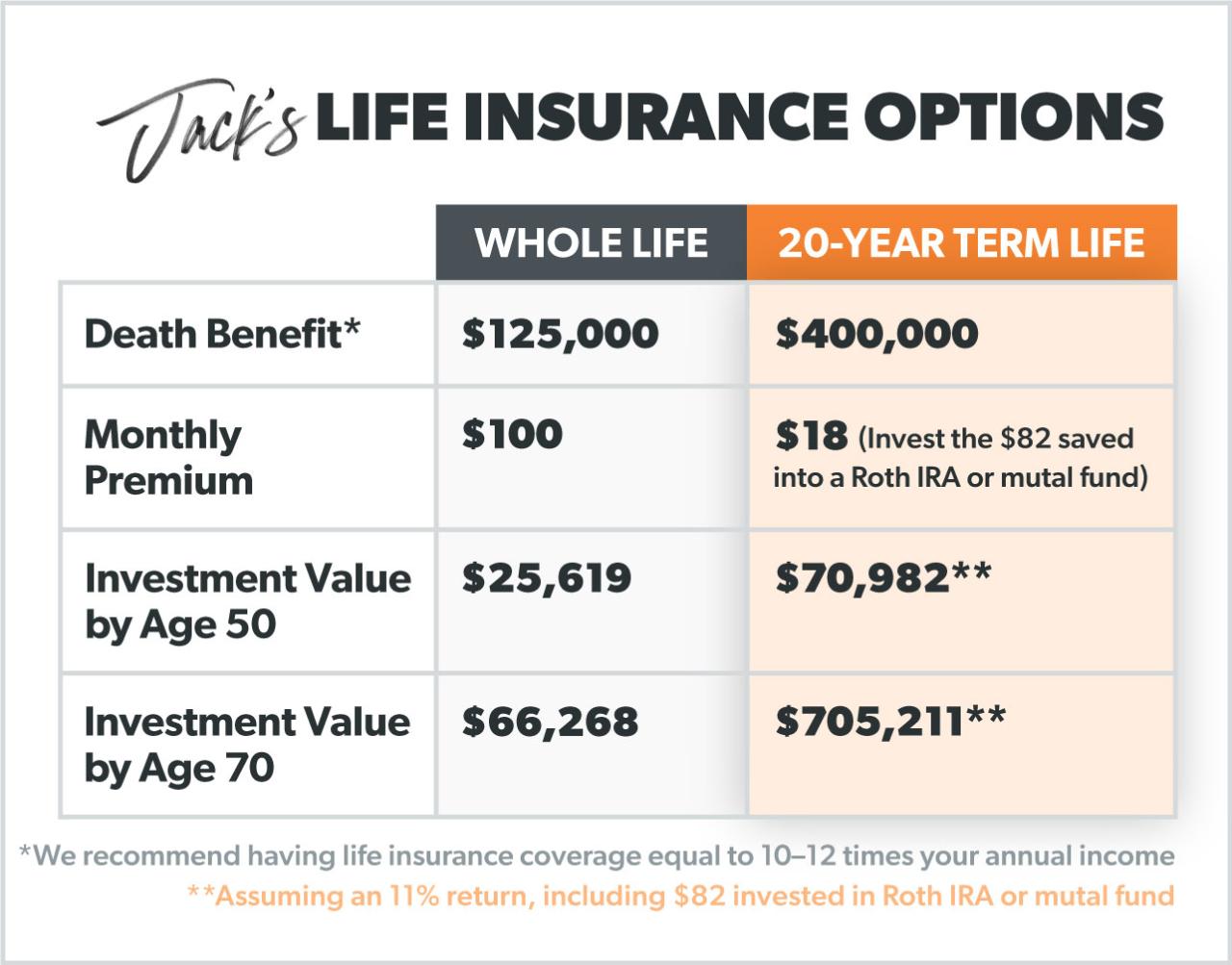
Cash value life insurance can be a valuable tool for long-term financial planning and wealth building. The accumulated cash value can provide a source of funds for various financial goals, while the death benefit provides peace of mind for your loved ones.
Disadvantages of Cash Value Life Insurance
While cash value life insurance offers advantages, it also has some potential downsides to consider.
Higher Premiums
Cash value life insurance premiums are generally higher than term life insurance premiums due to the inclusion of the savings component.
Investment Risk
The cash value component is subject to investment risk. If the investments perform poorly, the cash value may not grow as expected, or you may even lose money.
Complex Policy Terms and Fees
Cash value life insurance policies can be complex and may include various fees, such as administrative fees, surrender charges, and loan interest rates. It is essential to carefully review the policy terms and fees before purchasing a policy.
When Cash Value Life Insurance Might Be Right for You
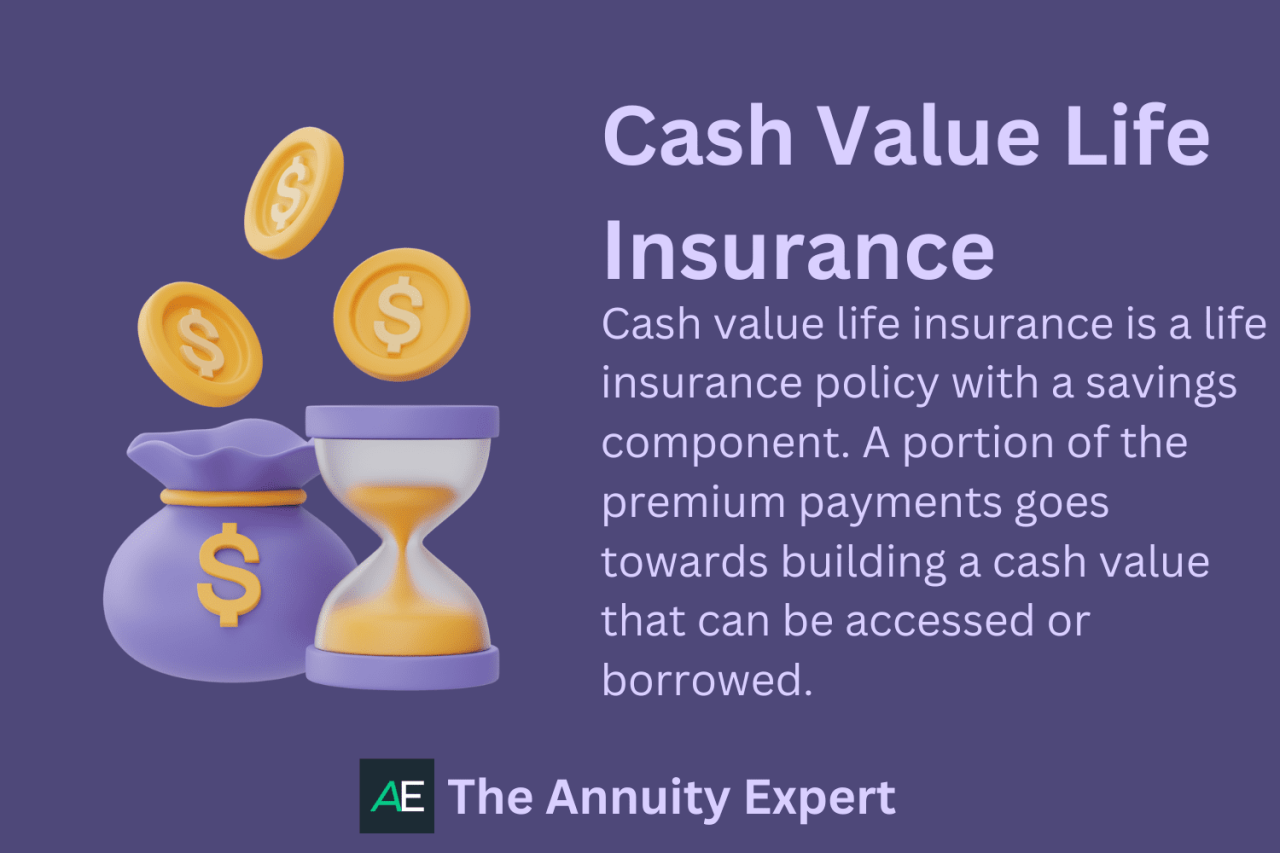
Cash value life insurance can be a suitable option for individuals who:
- Seek lifelong coverage:If you need life insurance for your entire lifetime, cash value insurance can provide continuous coverage.
- Desire a savings component:If you want to build savings along with your life insurance, cash value insurance offers a combined solution.
- Prioritize long-term financial planning:Cash value insurance can be incorporated into long-term financial plans, providing a source of funds for various financial goals.
Factors to Consider
When deciding whether cash value life insurance is right for you, consider the following factors:
- Your financial goals:Determine if your financial goals align with the benefits and features of cash value life insurance.
- Your risk tolerance:Consider your comfort level with investment risk, as the cash value component is subject to market fluctuations.
- Your budget:Cash value life insurance premiums are generally higher than term life insurance premiums, so ensure it fits within your budget.
Key Considerations Before Purchasing Cash Value Life Insurance
Before purchasing a cash value life insurance policy, it is crucial to ask the following questions:
- What are the premiums and how will they change over time?
- What are the investment options available and their potential returns?
- What are the fees associated with the policy?
- What are the loan interest rates and surrender charges?
- What are the death benefit and cash value growth guarantees?
- What are the policy’s terms and conditions?
Comparing Policies
It is essential to compare quotes from different insurance providers to find the best policy for your needs and budget. When comparing policies, consider the following factors:
- Premiums:Compare the premiums of different policies to find the most affordable option.
- Death benefit:Ensure the death benefit is sufficient to meet your family’s needs.
- Cash value growth potential:Compare the potential returns on the cash value component.
- Fees:Evaluate the fees associated with each policy, such as administrative fees, surrender charges, and loan interest rates.
Final Thoughts
Deciding whether cash value life insurance is right for you requires careful consideration. While it offers potential advantages like death benefit coverage, living benefits, and tax-advantaged savings, it also comes with higher premiums, potential investment risks, and complex policy terms.
Weighing the pros and cons, understanding your financial situation, and consulting with a qualified insurance advisor are essential steps before making a commitment.

